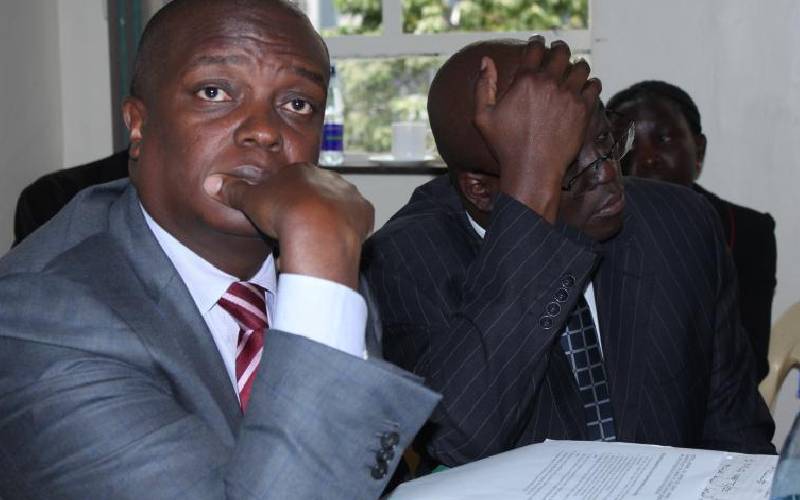×
The Standard e-Paper
Kenya’s Boldest Voice

Former Nairobi County Chief Finance Officer Jimmy Kiamba. [Standard]
Corruption suspects have now found a loophole to wriggle out of prosecutors’ hands; arguing that evidence collected from their bank accounts is illegal and cannot be used against them.